Sheepmeat markets continue to excel on a global level.
Bord Bia price reporting of lamb prices from the main sheep producing and exporting regions in Europe and in Australia and New Zealand shows prices running from 56c/kg to €1.66/kg above the corresponding period in 2020.
This is reflected in Figure 1, which also shows prices in 2020 recording a significant increase on the corresponding week in 2019.
France has repositioned itself as the highest-priced market in Europe, with its lamb price for the week ending 9 October 2021 recorded at €7.56/kg.
This represents the lowest year-on-year increase of the selected countries, with the other countries profiled all closing the gap on the French price.
Upward trend
Spain is next up at €6.73/kg, with prices typically following an upward trend as the season progresses and running 83c/kg higher year on year.
The Spanish sheep industry is based primarily on milking sheep and production is concentrated to earlier in the year.
British and Irish prices are running €1.21/kg and €1.24/kg ahead of 2020 levels. The Irish price of €6.13/kg excludes the 5.6% flat-rate addition for unregistered farmers to give a more accurate comparison.
Australian price
Australia’s lamb price continues to be boosted by firm demand from both the Chinese and US markets, while flock rebuilding is increasing retention rates of ewe lambs and creating more competition. Its current price of €5.25/kg is €1.26/kg higher than in the corresponding week in 2020.
Australia is forecasting major recovery in its national flock and is predicting that it will grow by 10.3% to 70.6m head in 2021, according to Meat and Livestock Australia.
The rate of flock rebuilding has been revised upwards, with flock numbers expected to reach 76m head by 2023.
Strong demand
New Zealand prices are also benefiting from strong demand from the US and Chinese markets and it has recorded the highest year-on-year increase, with its current lamb price of €5.69/kg running €1.66/kg higher.
But, unlike in Australia, the national flock in New Zealand continues to contract, with farmers exiting the sector and competition growing from farmers and industries purchasing lands for afforestation.




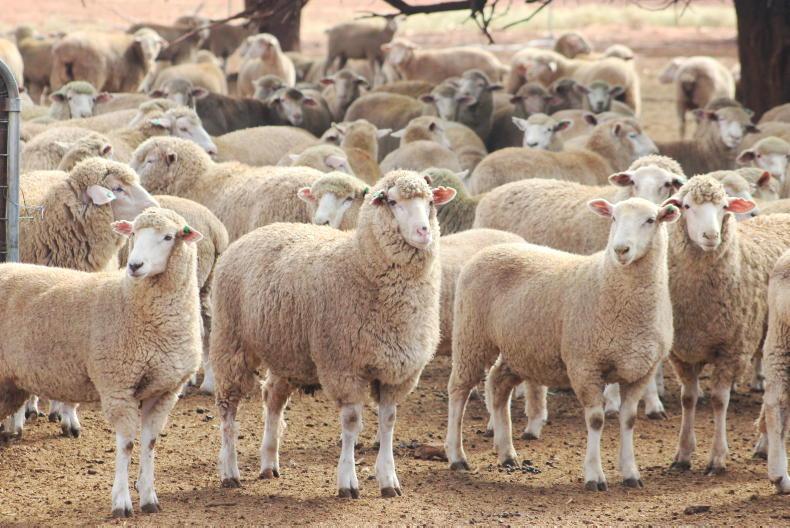
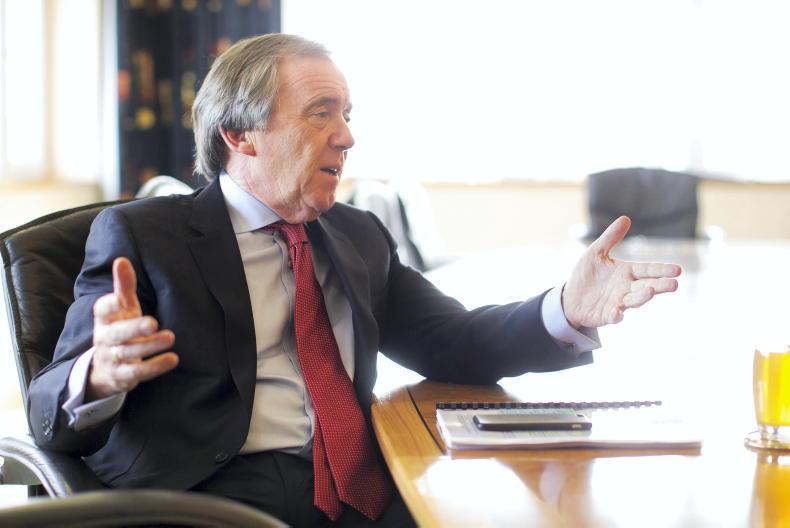

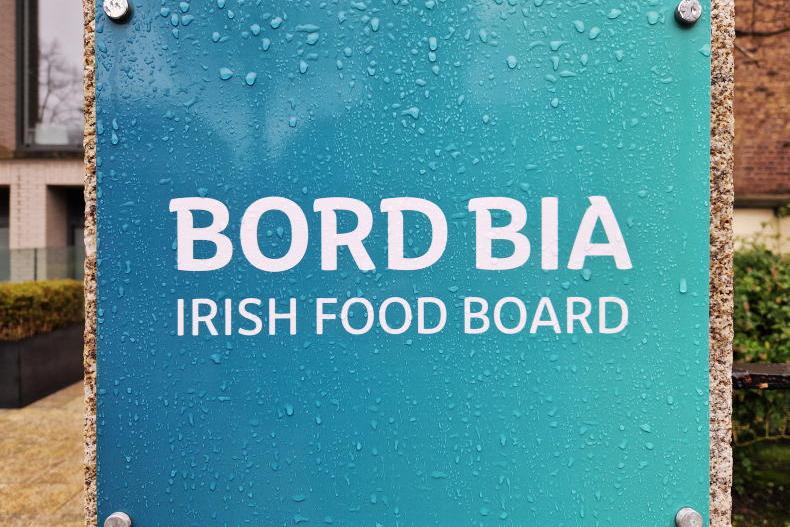
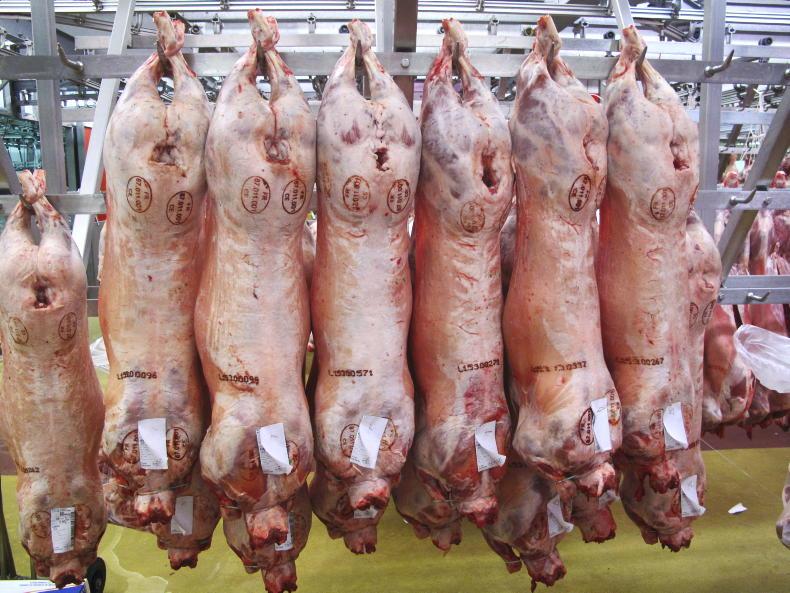
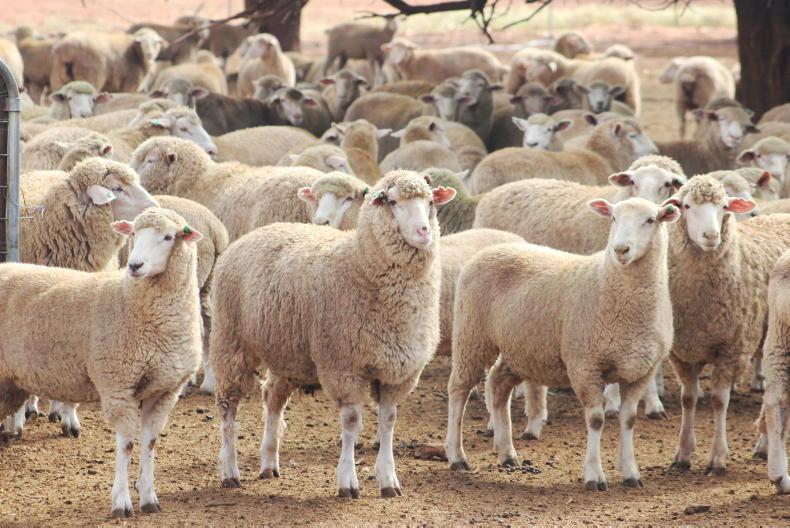
SHARING OPTIONS